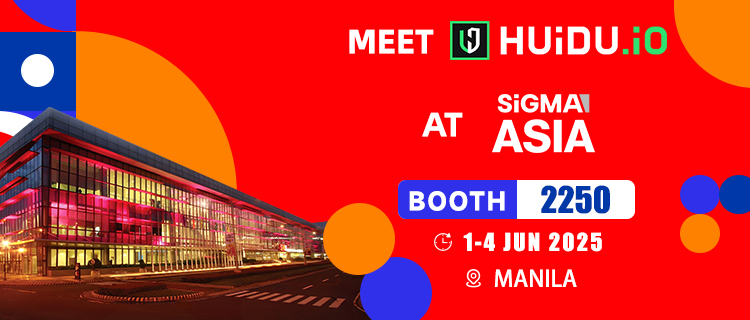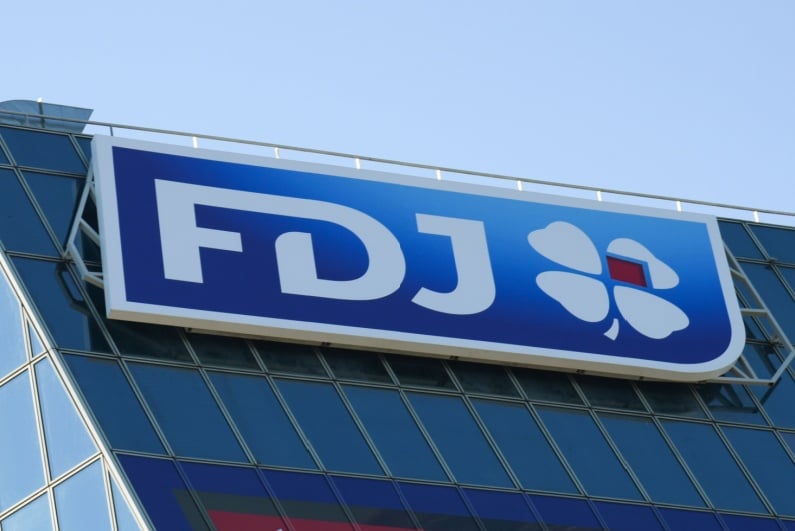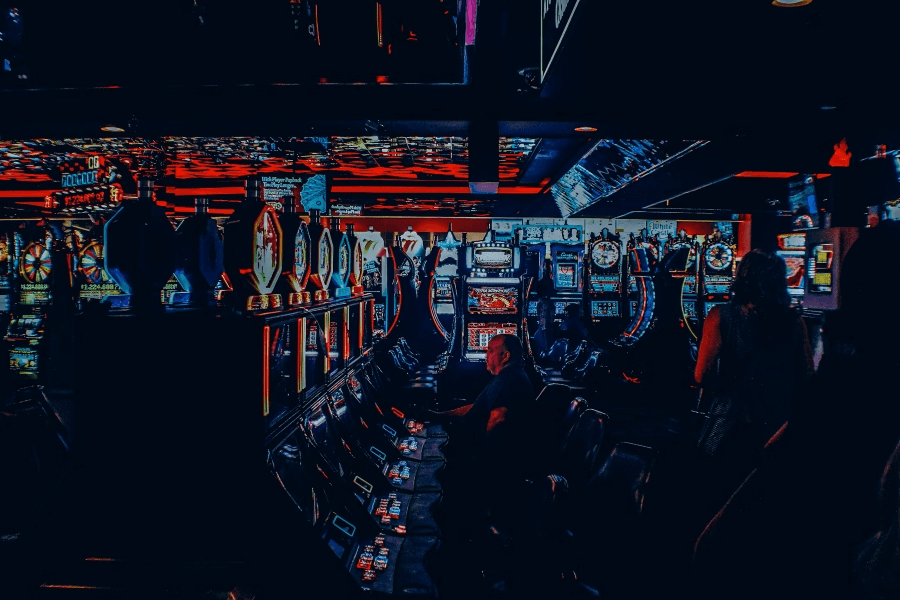UN Says Banking Involved In Money Laundering In Southeast Asia Casinos
Share This Tags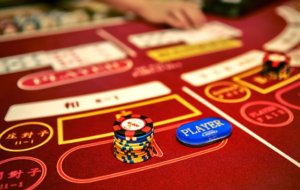 According to officials from the United Nations Office on Drugs and Crime (UNODC), Southeast Asia casinos and online gambling sites handle billions of dollars each year from illegal gambling, drug trafficking, cyber scams, and other organized crime activities. This article explores the UNODC’s findings, shedding light on the methods used by criminal networks and the challenges faced by authorities in tracking and interdicting these illicit funds.
According to officials from the United Nations Office on Drugs and Crime (UNODC), Southeast Asia casinos and online gambling sites handle billions of dollars each year from illegal gambling, drug trafficking, cyber scams, and other organized crime activities. This article explores the UNODC’s findings, shedding light on the methods used by criminal networks and the challenges faced by authorities in tracking and interdicting these illicit funds.
The gambling industry in Southeast Asia experienced significant growth in recent years, fuelled in part by China’s crackdown on illegal gambling and cross-border money transfers. As a result, many gambling operators sought countries with more lenient regulations, leading them to the lower Mekong River countries such as Cambodia, Laos, Myanmar, Thailand, and Vietnam. However, the COVID-19 pandemic further accelerated the industry’s shift to online gambling, providing a boost to the underground banking business as well.
The UNODC highlights the existence of an underground banking system of “industrial scale” in the Mekong region, which facilitates the movement of massive amounts of money without detection. This system consolidates mainly in countries like Cambodia, Laos, Myanmar, Thailand, and Vietnam. The region’s gambling industry serves as a crucial component of this underground banking system, providing an attractive environment for money laundering due to high volumes of large, anonymous transactions and limited regulation and compliance standards.
One of the most pernicious features of the Southeast Asian gambling industry is the practice of “offsetting.” This involves clients depositing money into a gambling operator’s account in one jurisdiction and then withdrawing an equal amount from another account in a different jurisdiction with the operator’s assistance. While offsetting is meant for gambling purposes, authorities across the region report an increasing trend of using this service to move and launder dirty money.
Another concern is the rise of “white-labelling” in the online gambling sector. Criminal networks with little to no gaming or technical knowledge can purchase sophisticated software and services from providers to launch their own online casinos quickly. This enables them to mask their money moves and further complicates the tracking of illicit funds.
The emergence of hard-to-trace cryptocurrencies has further exacerbated the problem of money laundering in the Southeast Asian gambling industry. Criminals can exploit the anonymity and flexibility of cryptocurrencies to obfuscate transactions, making it difficult for authorities to verify the identities of individuals involved in money movements. This presents significant challenges from a money laundering perspective, as different payment methods can be used to conceal illicit activities.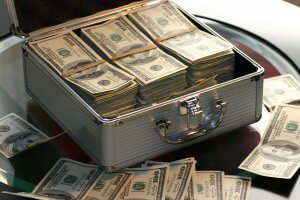
Several high-profile money laundering cases in recent years suggest that Southeast Asia’s underground banking system handles tens of billions of dollars annually. In one case, a Macau court convicted Alvin Chau of running an illegal gambling empire that processed over $105 billion in bets since 2013. Similarly, a court in mainland China convicted 36 individuals connected to the operation, which involved illegal cross-border payments through VIP rooms and online gambling sites based in Cambodia, the Philippines, and Vietnam.
Apart from the Mekong region, the Philippines has emerged as a significant node in Southeast Asia’s underground banking system. In 2016, the Philippine government began licensing Philippine offshore gambling operators (POGOs) to attract overseas gamblers and generate local jobs and revenue. However, reports of misuse and links to drug trafficking and money laundering have raised concerns. The Philippine government’s Anti-Money Laundering Council has observed a significant increase in reports of misuse between 2021 and 2022.
Efforts to combat money laundering in Southeast Asia’s gambling industry require comprehensive regional responses. Individual countries’ actions alone are insufficient, as they can inadvertently drive the issue “back through the back door,” as stated by Benedikt Hofmann, UNODC deputy representative for Southeast Asia and the Pacific. The UNODC is actively coordinating a response, organizing workshops with law enforcement agencies from Laos, Malaysia, the Philippines, and Thailand to combat underground banking through the gambling industry.
To effectively tackle money laundering, countries in the region must focus on creating or enhancing their gambling-related laws and rigorously enforcing existing regulations. Collaboration among Southeast Asian countries is crucial in apprehending cybercriminals and combating money laundering effectively. A united effort would help address the fragmented nature of the fight against cybercrime and promote a more coordinated response.



 2023-10-30
2023-10-30
